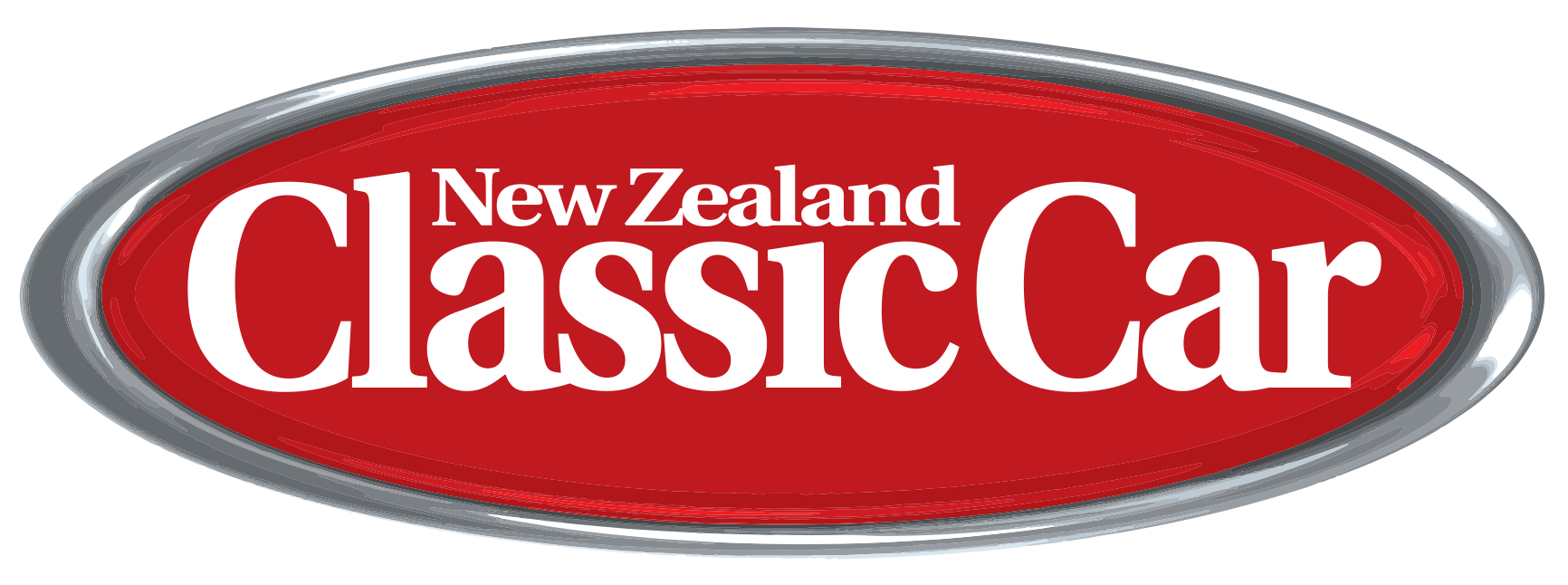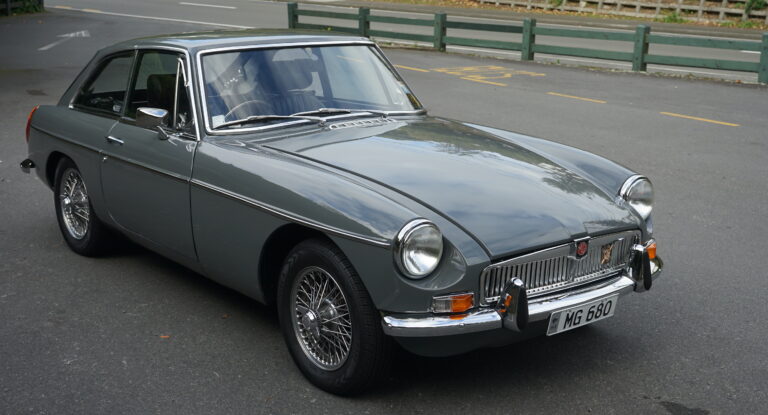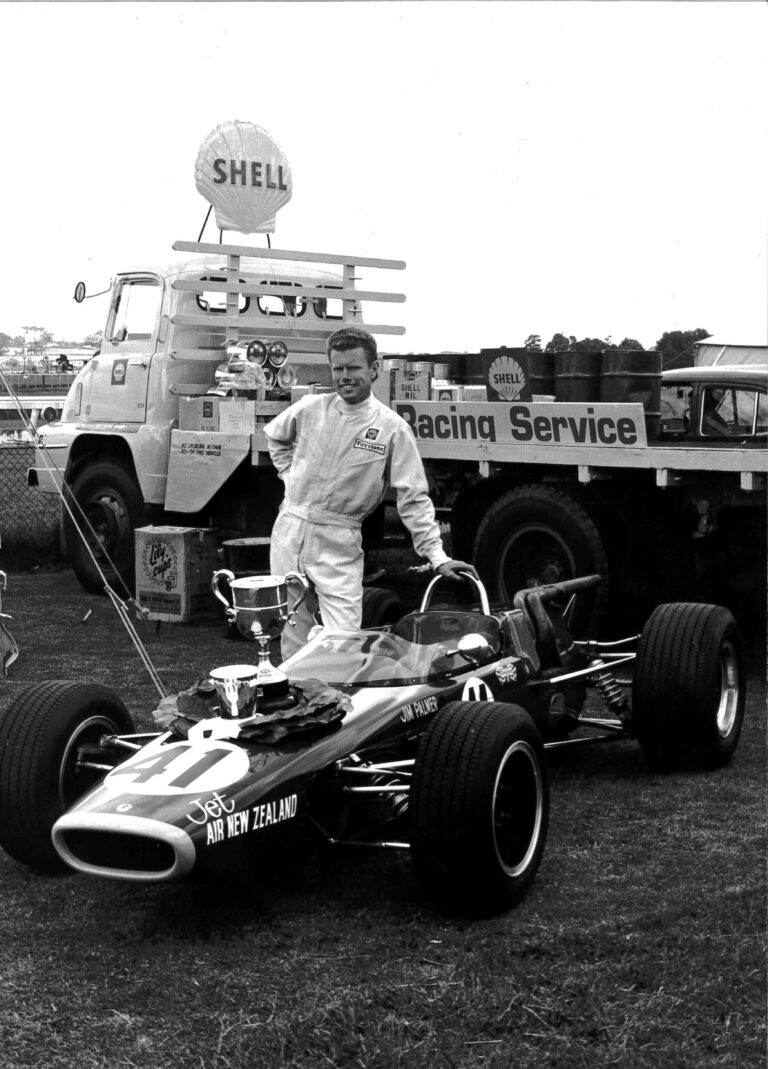The old cliché of ‘out of sight, out of mind’ springs to mind when we consider the transmission in our cars. Whether it’s our daily commuter or our classic pride and joy that’s wheeled out of the garage once a month — providing that it’s a sunny day — there’s one thing that’s for sure — we don’t tend to give the transmission a second thought until something goes wrong. For many of us classic car owners, it’s a joy to open up the bonnet regularly to admire our bright and shiny handiwork, with not as much as a thought for that most important piece of kit bolted to the back of it.
The very thought of tackling even the mildest transmission problem is enough to send shivers down your spine. These problems often require specialist equipment and a certain degree of mechanical aptitude, often resulting in employing the services of an expert.
With that in mind we recently caught up with Brian Sales, owner of newly formed, Hamilton-based Rocket Transmissions 1980 Ltd. We asked him a few questions about his new company and his experience within the industry.
The Motorhood: We haven’t heard of Rocket Transmissions 1980 Ltd before, have you been in the industry for long?
Brian Sales: After serving an apprenticeship in the industry, I worked for a few companies in the Waikato before heading off to England, Guinea, and Australia, where I gained more valuable experience working on transmissions. Upon my return I started up Main Street Transmissions Ltd in 1980. I owned and operated the business for 32 years, eventually employing 18 staff members, before selling it. Transmissions is the only thing I do know, and I started getting customers calling me directly for work so I started up my own business, calling it Rocket Transmissions 1980 Ltd.
Do you specialize in any particular type of transmission?
Basically we’re an automatic/manual transmissions business with immense knowledge, and I’m possibly the oldest transmission rebuilder in this area. Obviously when I started repairing transmissions, two-speed and three-speed units were used — now we’re up to eight-speed transmissions. Do we specialize in any? No. The customer dictates what we work on.
Where are you based?
1313 Horotiu Road — only ten minutes away from the CBD in Hamilton.
What’s your point of difference to other transmission specialists?
I guess I’d to like think knowledge. I’d like to think we look after our customers better and provide them with an experience. We keep our customers well informed and provide detailed estimates on all of our work prior to commencement. Price is always a concern no matter what you’re doing with life. We also have loan cars available. I pride myself on the personal aspect as I’m a one-man business now and just want to keep it low-key and work on cars that people want fixing.
Are you experienced with older classic vehicles?
Well, I guess starting in the business in 1972, some of the cars we were fixing then were older than that. The simple answer is yes. I enjoy working on anything from the ’60s onwards.
Do you have any tips on how to care for and maintain a classic car’s transmission?
I guess the big issue with automatic transmissions is that they require yearly servicing, which is something that’s debatable. Most customers leave it up to their mechanic to do what’s necessary, which raises an interesting point because they’re wanting the mechanic to do the minimum work necessary, but by the same token they’re expecting that if it needs a transmission service he would’ve done it. People should always ask, “What are you going to do to my car. Does it need anything else?”


